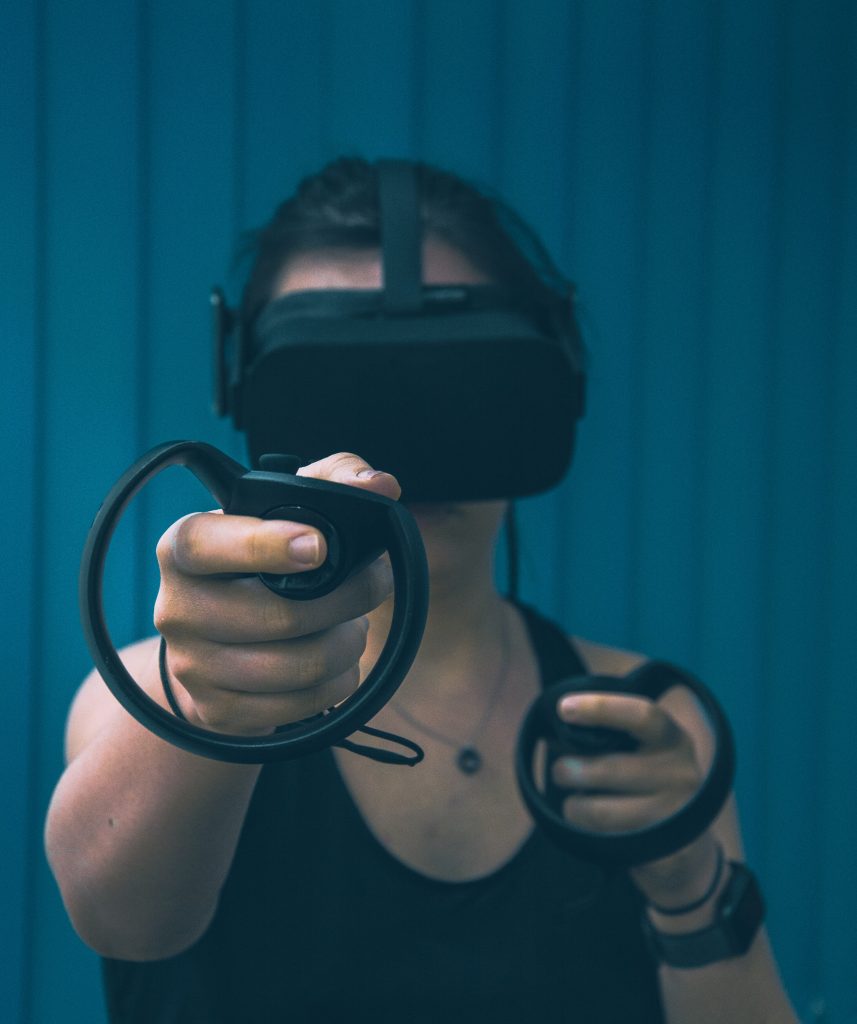
I found quite a few interesting articles discussing the exciting future of virtual reality in rehabilitation, but many of these articles and videos were from around four years ago. Upon further exploration, I was able to find current projects like virtual coaches to ensure that each patient has personalized care to meet their care plans, or immersive walking where your walking pattern is analyzed.
Allowing for virtual rehabilitation does not just increase accessibility to certain health plans, but they can actually allow the plans to be followed through more effectively. Below is a TedX from four years ago that highlights some of the benefits of virtual reality rehabilitation by improving some of the weaknesses of in-person physical therapy. It can make it more fun, encouraging patients to, in some cases, be more willing or interested participants. This also allows for patients to follow their care more accurately and keep up with the repetitive programme. Although accessibility to virtual reality technology is still a challenge to be faced, it does in some cases allow for easier access. Getting to a rehabilitation centre in person can be time consuming or simply not possible depending on the patients’ accessibility. Finally, it saves a lot of time.
If movement is the key, then this does seem like a very beneficial option, but I wonder if this may raise some issues with body positioning and proper form. Until we have access to more advanced technologies, getting feedback from someone observing your rehabilitation is incredibly beneficial.
This was a very compelling concept to consider. The point that I resonated with the most from Danya’s posting was the accessibility from anywhere. It is becoming increasingly challenging for populations in remote areas to attract/retain medical professionals and this software-based approach may allow for remote access to health services. I also wonder if this would contribute positively to increasing healthcare availability worldwide. Physicians and other specialists could provide healthcare from anywhere in the world with the barriers of travel, risk and time removed.
I also agree strongly with the criticism that having someone observe and physically manipulate the body may be a necessity of some rehabilitation experiences. I hypothesize that integrating this technology properly would require a variety of mobile technologies, such as the inclusion of a wearable device monitoring health vitals and a secondary camera to provide a perspective of the targeted body part for the health professional. I can also see the need for a more developed mobile network and more affordable VR hardware for this to be widely viable.
This is an interesting concept, never thought about using VR for this purpose. Rehabilitation exercises/treatment are repetitive by nature (repeat the same techniques to heal), and these repetitions often reduce the patients’ motivation over time. In terms of manpower, it usually requires (at least!) one therapist to guide the patient. With VR, I believe this can decrease the need for resources which will reduce the costs involved with healthcare in general. VR programs can also provide daily objectives to motivate the user to engage in sessions while providing a positive learning experience that is tailor made, engaging and motivating. (of course it depends on the user’s injury/needs, some situations may not be suitable for VR)